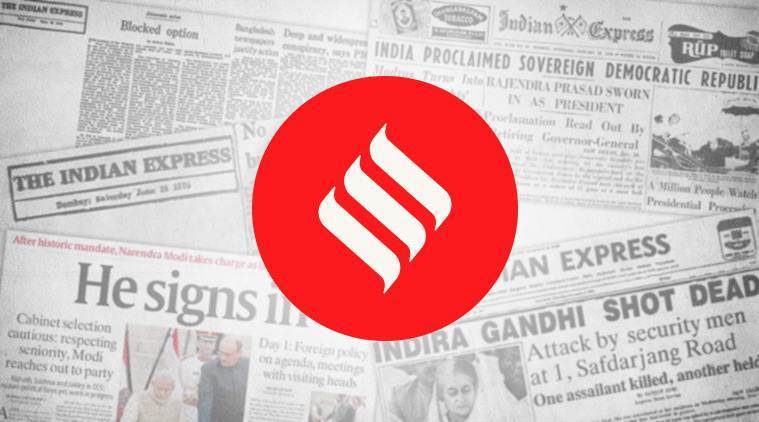 It is generally agreed that long after lockdowns are lifted, nations will have to remain in close cooperation, so that ideas that work in one place can be borrowed and deployed elsewhere.
It is generally agreed that long after lockdowns are lifted, nations will have to remain in close cooperation, so that ideas that work in one place can be borrowed and deployed elsewhere.
In facing the coronavirus challenge, information and ideas are the only ammunition currently available, and should be welcomed and evaluated irrespective of their provenance, whether they originate from within the government or from the public. But a government which has, in better times, sought suggestions directly from the public over the web and through the Prime Minister’s app, has become unduly sensitive at a time of grave crisis. When 50 young officers of the Indian Revenue Service forwarded, through their association, policy suggestions, in a report titled FORCE (Fiscal Options and Response to COVID-19 Epidemic) to the Central Board of Direct Taxes and shared them on social media, the Centre termed it as a position “contrary to current policies of government”, read it as a breach of service rules and instituted an inquiry against three senior Income Tax officers. Some of the suggestions may be controversial, for instance, a hike in income tax rate to 40 per cent for those earning over Rs 1 crore a year for a limited period of time, but the response is repressive and excessively out of proportion. The officers never claimed that their document was official. Publicly dismissing the controversial suggestions would have sufficed if the government wanted to distance itself from the report.
Meanwhile, public questioning of the government’s handling of the pandemic in Manipur has landed several citizens in trouble with the law — police have invoked sections of the Disaster Management Act and the Indian Penal Code, including sedition. In one case, it had merely been suggested that a proposed quarantine centre in Imphal should be moved from agricultural land to a disused airstrip. The deputy chief minister was stripped of all his portfolios, amid a controversy over rice allocation under the National Food Security Act during the coronavirus lockdown, apparently for being critical of the chief minister’s assurances of adequate food supply. And in Port Blair, a journalist was booked for asking why the phone contacts of COVID-19 patients were being home quarantined. Instead of arresting him, the authorities could have simply explained that tracing call records is one way of discovering a patient’s close contacts.
It is generally agreed that long after lockdowns are lifted, nations will have to remain in close cooperation, so that ideas that work in one place can be borrowed and deployed elsewhere. The principle applies domestically, too. Over-sensitive and prickly responses betray insecurity, precisely when governments must project confidence.